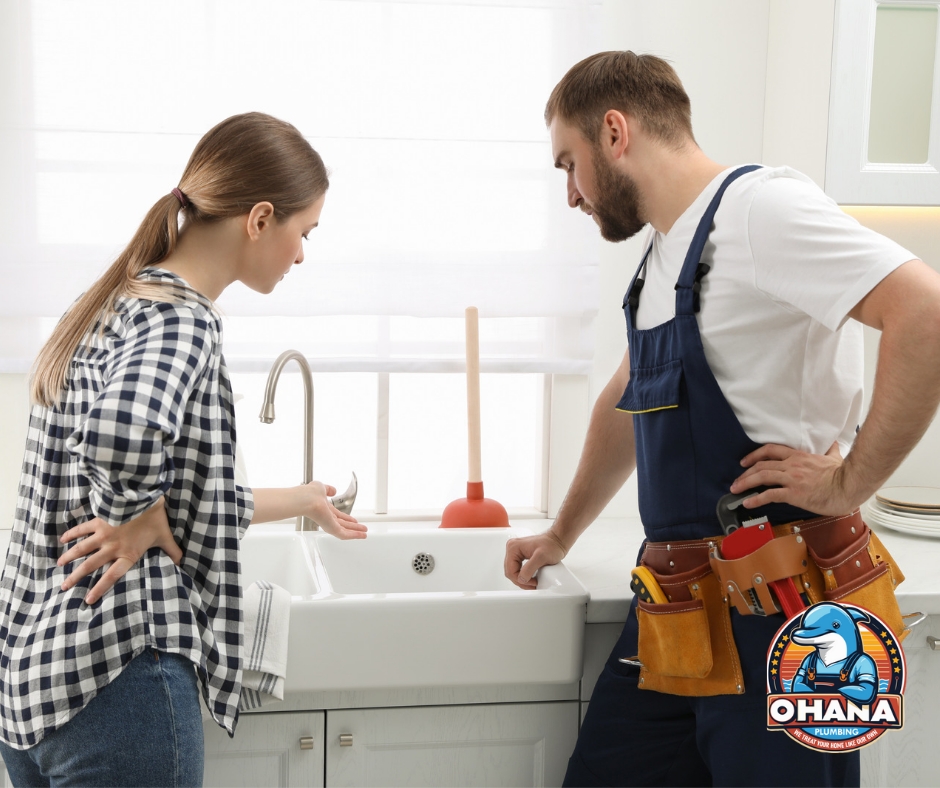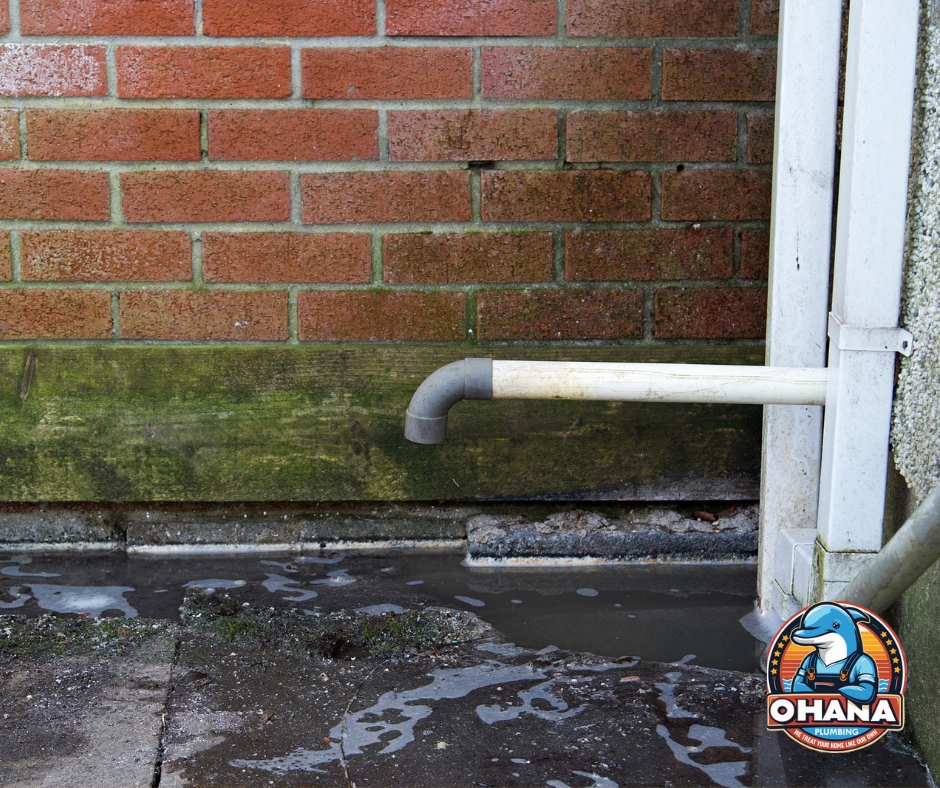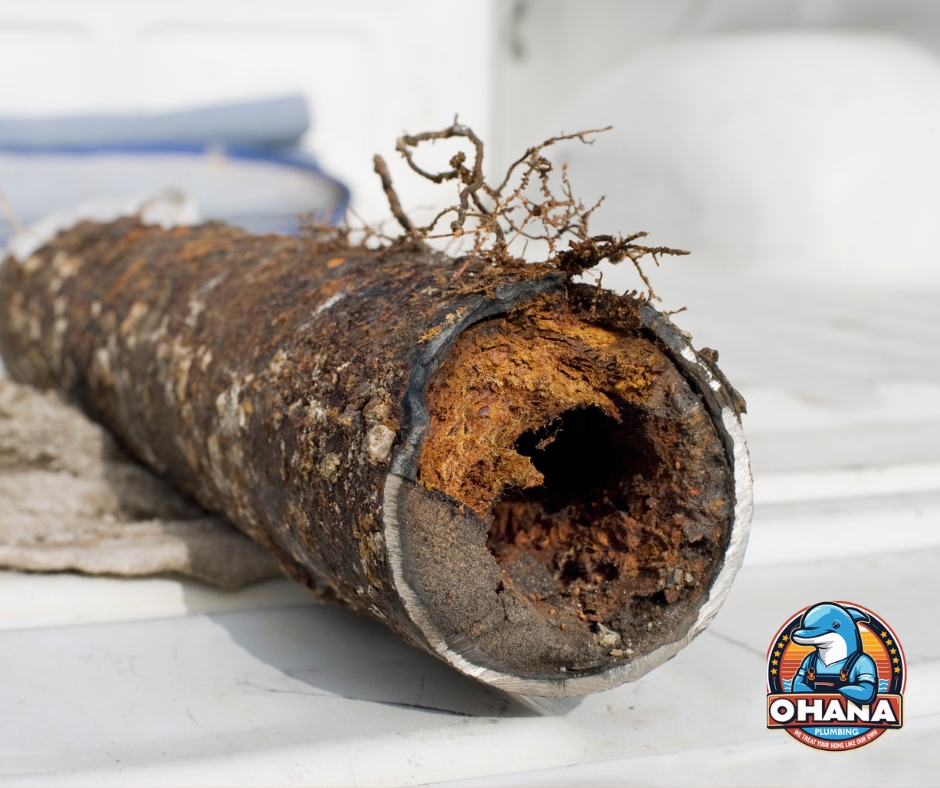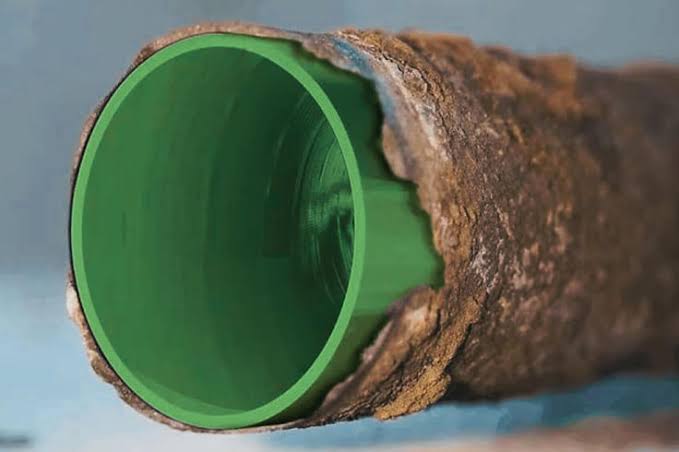Stormwater drains are vital for directing rainwater away from properties, but over time, they can become clogged with debris, leading to water backups and potential property damage. Understanding the causes of these blockages and how to prevent them is essential for protecting both your home and the environment.
Common Causes of Blocked Stormwater Drains
- Leaves and Yard Debris: Fallen leaves, grass clippings, and twigs are among the top causes of stormwater drain blockages, especially during autumn. When not cleared, they accumulate in the drain and obstruct water flow.
- Silt and Sediment Buildup: Stormwater runoff can carry fine particles like dirt and sediment into drains, which settle at the bottom and gradually cause blockages. This is particularly common near construction sites, where loose soil and debris are prevalent.
- Oil, Grease, and Chemical Waste: Rainwater can wash motor oil, grease, and other pollutants from roads into storm drains. These substances congeal inside the pipes, forming stubborn blockages over time.
- Litter and Non-Biodegradable Waste: Improper disposal of plastics, wrappers, and other non-biodegradable items into storm drains can cause severe blockages. Even small items like cigarette butts can accumulate and lead to drainage issues.
- Tree Roots: Roots can invade stormwater drains through cracks in the pipes in search of water. Once inside, they can grow and eventually block the drain completely.
- Construction Debris: Materials like concrete, gravel, and nails from construction sites can easily find their way into drains if proper precautions aren’t taken. This debris can block the system, leading to significant drainage issues.
How to Prevent Blockages
- Regular Maintenance: Periodically check and clean your stormwater drains to remove leaves, debris, and sediment before they become problematic.
- Use Drain Covers: Install mesh covers over your drains to catch larger debris, like leaves and branches, while still allowing water to flow through.
- Dispose of Waste Properly: Avoid dumping any waste into storm drains. Educating your family and neighbors about proper waste disposal practices can go a long way in preventing blockages.
- Address Drain Damage Early: If you notice any leaks or cracks in your stormwater system, have them repaired immediately to prevent roots or debris from infiltrating the pipes.
Signs of a Blocked Stormwater Drain
Be on the lookout for these signs that could indicate a blockage:
- Water pooling around your gutters or downpipes
- Slow drainage during heavy rain
- Unpleasant smells emanating from your drain outlets
- Visible debris blocking the drain
The Importance of Professional Help
While DIY maintenance like removing visible debris can help prevent issues, blockages deeper in the system often require professional equipment. Hydro jetting and CCTV inspections are effective tools used by professionals to clear blocked drains without causing damage.
At Ohana Plumbing, we understand the inconvenience and potential damage caused by blocked stormwater drains. That’s why we offer thorough inspections and preventative maintenance services to ensure your drainage system is working efficiently. Let us help you keep your stormwater system clear and functional, protecting your home and environment from unnecessary harm.
With a proactive approach and the right maintenance, you can avoid the costly repairs that come from neglected stormwater systems. Feel free to contact us at Ohana Plumbing for expert advice or assistance with your stormwater drain needs. We’re always here to help!









